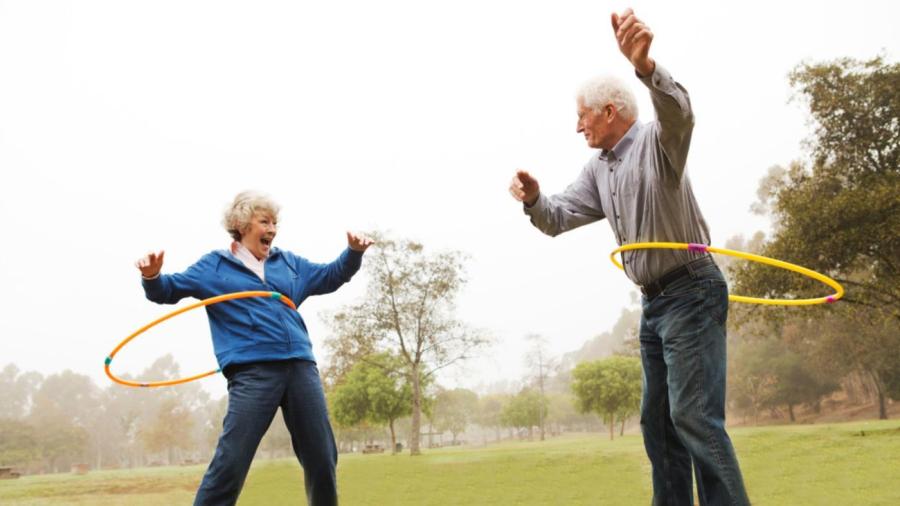How Does Age Affect Reflexes?

Dr. Anthony Komaroff, a practicing doctor and professor of medicine at the Harvard Medicine School, states that a person’s reflexes and coordination become slower with age. This often leads to poor balance and slower reaction time. Older people are usually more likely to stumble and take more time to react.
According to the Merck Manual for Patients and Caregivers, the peripheral nerves conduct impulses more slowly as people get older. This results in slower reflexes, decreased sensation and clumsiness. The layers of tissues surrounding the nerves that make impulse conduction faster tend to degenerate, causing nerve conduction to slow down. As people age, degeneration happens because of decreasing blood flow and overgrowing bones that add pressure on the nerves.
Reflexes also slow with age due to physical changes in the nerve fibers that slow the conduction speed, explains the University of Rochester Medical Center. Moreover, the brain is largely involved in improving and fine-tuning reflex action, and the areas of the brain responsible for motor control lose cells over time. However, age has varying effects on the reflexes of different people. It is also possible to slow down, or even reverse, the effects of aging on the reflexes by maintaining a physically active lifestyle.





